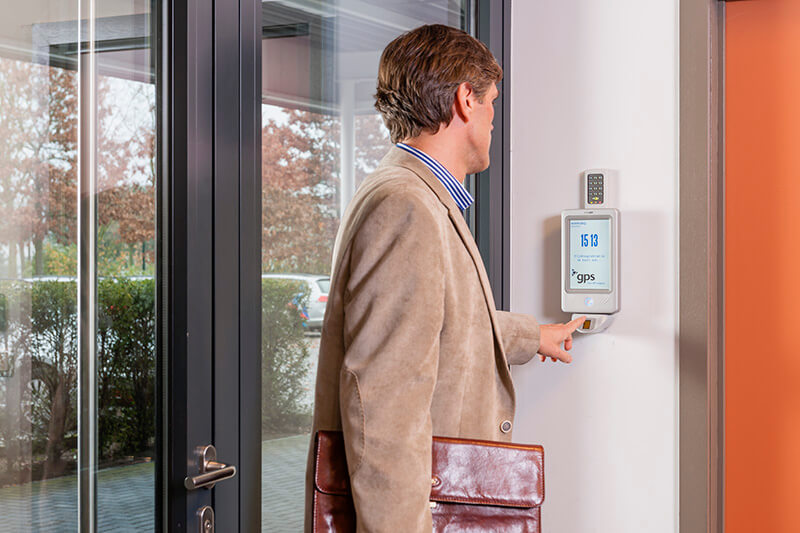Employers without time & attendance risk conviction
This is evident from the first Belgian judgment on time & attendance.

Last year there was already a judgment of the European Court of Justice on time & attendance. This judgment ruled that a time & attendance system is required to check compliance with working and rest times. In other words, employers are obliged to set up an objective, reliable and accessible time & attendance system. Now there is also a Belgian judgment (Source: De Tijd) on time & attendance from which the same conclusion can be drawn.
The judgment
In a judgment of 22 May, the Labour Court of Brussels ruled that a dismissed worker is entitled to overtime hours, even if she does not provide any evidence to that effect. According to the Court, the employee does not have to do so because it is up to the employer to set up an objective and reliable time & attendance system. If there is no time & attendance, it is not the employee but the employer who must prove how many hours were worked.
The Labour Court invoked the earlier European judgment on time & attendance for this purpose. The judgment of the labour court therefore also teaches that even in the absence of concrete Belgian legislation, European rules must be applied.
Mutual trust
Belgian employees – mainly white-collar workers – have more and more freedom and autonomy to organise their working hours. On some days, many are already working a little longer, so that on other days they can stop a little earlier (sliding hours), without the employer making a problem of it.
The corona crisis and the sharp increase in homeworking have even reinforced this evolution. In addition, more and more employees expect this from their employer. In many cases, it even influences the choice (not) to work for a certain employer.
Today, this autonomy is usually based on mutual trust between the employee and the employer. Although it does not always comply with working time regulations, it is tolerated to a certain extent. However, recent jurisprudence puts this practice under pressure.
Time & attendance mandatory?
In Belgium, a time & attendance system is already mandatory in three cases:
- Sliding timetables
- Part-time workers who deviate from their normal work schedule
- Checkin@Work in meat processing, construction and funerals
So there is already an obligation concerning time & attendance, but the way in which time & attendance should be done is not described. It does not have to be a badge system. A time & attendance registration on paper or Excel is also sufficient. However, due to too much administrative work, many companies opt for a digital time & attendance system, with or without a badge.
Future
You used to come across a time & attendance system mainly in companies with a lot of workers. Only since a few years have we seen more and more companies with mainly white-collar workers become customers of GPS. A trend that we don’t see changing any time soon. There are several reasons for this:
- Switch to sliding timetables
- A dent in mutual trust
- To take away the administrative burden of paper time & attendance registration
Recent case law will also mean that more and more companies will start working with a time & attendance system. This is to avoid discussions and convictions about performances. That is why we briefly explain the operation and benefits of time & attendance registration.
Time & attendance registration in practice
With an efficient time registration system, the employer gets an accurate view of the effective work performance within the organization. However, a time registration system offers even more possibilities. In addition to performance, the system also records absences, which together form the basis for correct remuneration. Finally, via an Employee Self Service, employees also gain insight into their performance, overtime, leave,… As a result, any form of discussion, and therefore the risk of a conviction, is excluded.
Curious about all the possibilities?
Read more about time & attendance registration or request a free demo.